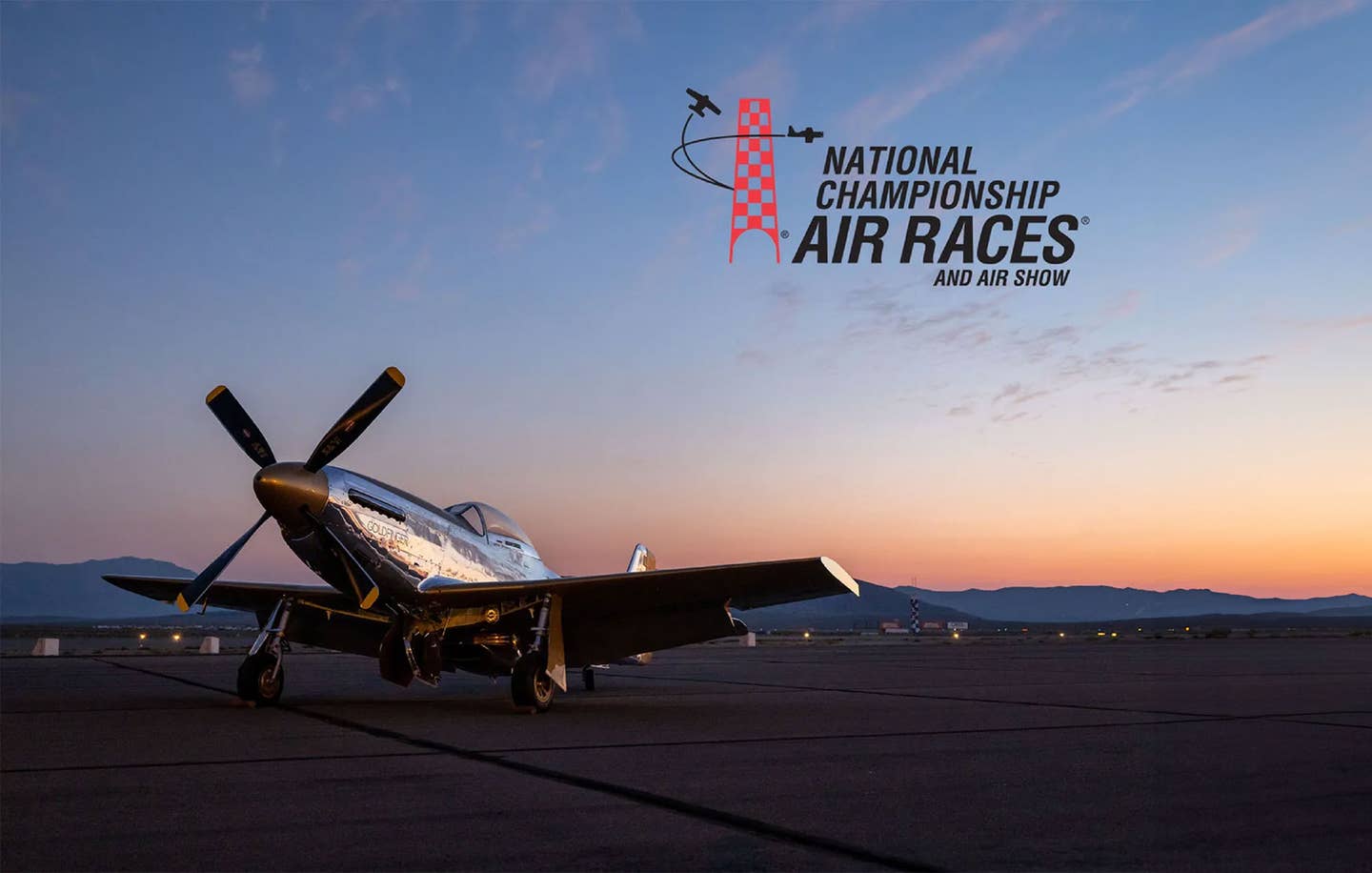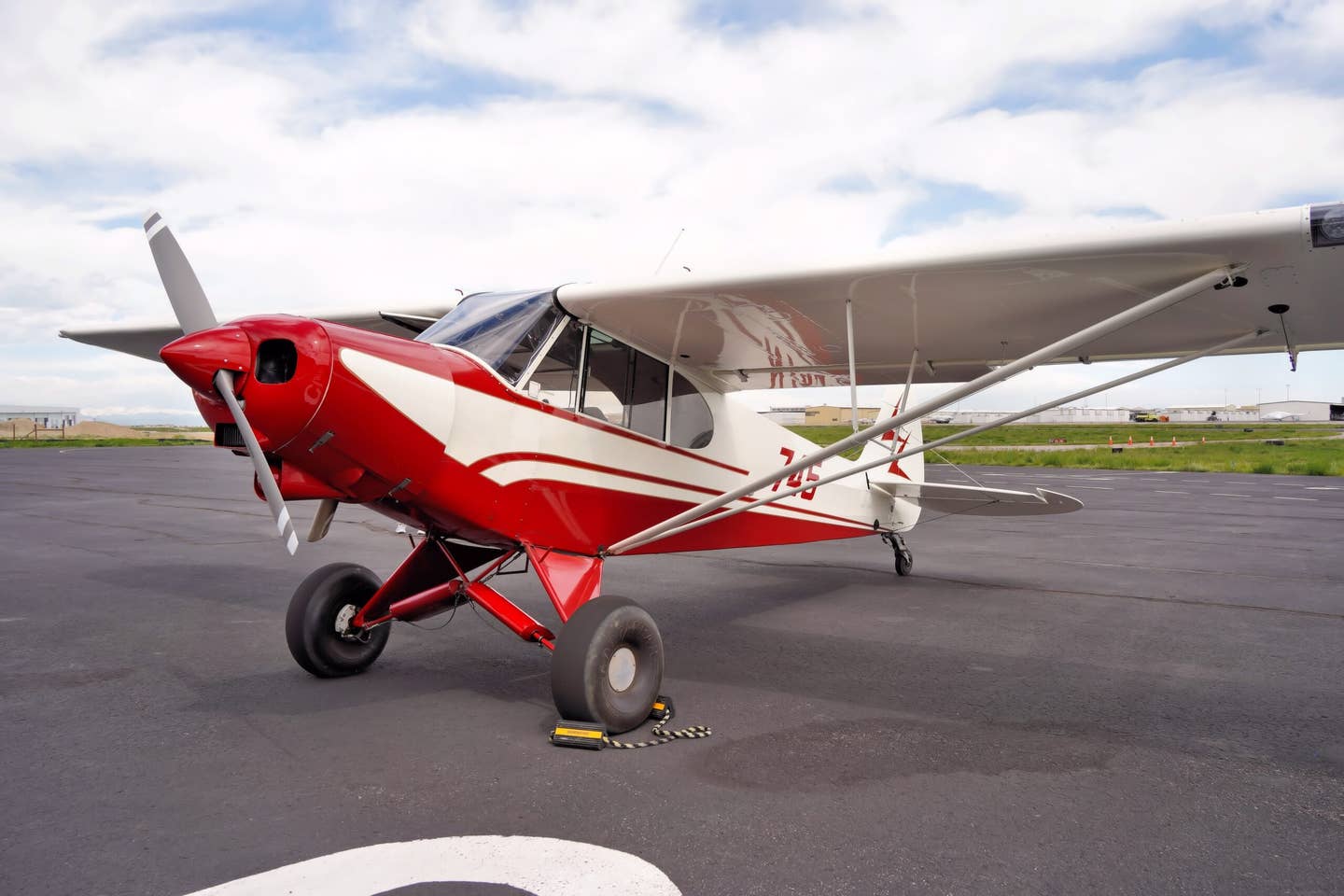Become A CFI
Whether you’re looking to build hours or enjoy teaching others the joy of flying, working as a CFI can be a fulfilling and profitable career path.
Many see working as a flight instructor as just a low-paying job that a pilot does until they can get enough flight time to take a real job flying an airliner or a business jet. While it may be true that some CFIs see the work as a stepping stone to an airline or a corporate gig, there are many alternate career opportunities for CFIs. These can result in otherwise unrealized aviation career benefits, especially for someone who really enjoys teaching and helping others experience the learning process of becoming a pilot.
What Exactly Is A Career CFI?
When we think about CFIs, we typically think about the people who sit in the right seat of a plane while a pilot trains for a new certificate or rating. The life of a newbie instructor can be tough, low paying and seem like it's going to last forever. It probably means working weekends, evenings and holidays when your customers have time off to get training and you would like to be off, but it's what pays the bills. It does get better, though. With some experience and a little foresight, these efforts can be leveraged into other career options, and offer greater career stability and better hours than have been present historically in corporate or airline pilot careers.
A professional aviation educator, such as a flight instructor, will typically get to be home every night because they're based in one location. This allows them to spend more time with family and have a more stable personal life than an airline pilot who's flying a schedule or a corporate pilot who may be on call and needs to leave on short notice. This is a definite benefit for many pilots who value this along with the actual dollars they're paid.
So what are the potential alternatives?
Chief/Lead Flight Instructors
Universities, colleges, Part 141 training providers, academies and other large-scale training providers around the country and internationally need experienced instructors to serve as Chief and Lead flight instructors. In some cases, these positions are required by regulations and have minimum experience standards that must be met---which means they pay better for those who meet the standards than the average flight instructor gig. While the pay will vary based on size of the program, responsibilities and experience, many of these come with six-figure incomes and good benefits, and result in stable long careers.
The downside? These can be difficult jobs to get. In most cases, the hiring will be from within the organization, so it can take working at a training provider for a while until a person who already holds that position retires or gets a job elsewhere.
Simulator/Type Rating Instructors
Instructors who have experience and type ratings can take advantage of opportunities to work for operations that provide simulator-based transitional and type rating training to pilots. These jobs may be limited to specific locations around the country where these facilities are located, but if they happen to be somewhere you want to live, they're stable jobs that pay very well. I've known a few airline and corporate pilots who have left those jobs to go work for sim companies because the pay was better and the job stability was more reliable.
One drawback can be the hours. Most simulator training companies run their simulators around the clock, as long as maintenance isn't being done, which means some sim sessions may be in the middle of the night. This isn't for everyone, but then again, airlines and corporate flying aren't exactly 9 to 5 jobs, either. When you aren't working, you're probably close to home, not stuck in a hotel somewhere on a trip.
Examiners (The FAA Designated Ones)
Have a bunch of time as a flight instructor, a Part 135 pilot and/or an airline pilot? Someone with this experience needs to be there to check out the skill level of other pilot candidates when they're ready for a checkride.
To become a designee for practical tests, Part 135 checkrides or airline check airman, a pilot may be required to have experience as a CFI and maintain their CFI credentials. These are effectively professional CFI positions that have additional responsibilities that are granted because of the airman's experience level. That added experience, responsibility and training result in greater annual incomes than the average CFI who's providing training at the local FBO.
For some of the people who do these jobs, they're part-time, on-the-side professional activities, but for some they represent a significant portion of the individual's income on a yearly basis. Examiners in high-activity training areas can stay very active, and with per-test fees averaging near the $500 mark, an examiner who does 200 tests per year (an average of around four tests per week) will make over $100K.
What are the drawbacks of this? Paperwork.
Being a DPE requires familiarity with the FAA certification process and focus on detail in paperwork and administration of the testing process. A DPE has to be an exemplar of how to "do it right" as a pilot and an instructor. Do it wrong, and the DPE status will be in jeopardy with the FAA.
Not every CFI will be able to become an FAA DPE; in fact, there are less than 1,000 of them in the country at this time, but if a CFI has the requisite experience and has a good working knowledge of training requirements, this can be a professional CFI career option.
FAA Or Other Governmental Agencies
A commonly overlooked flight instruction position in the industry is that of working for the FAA. I know, the dreaded, hated, evil FAA, right? Well, not really.
Flight standards district offices (FSDOs) around the country employ pilots who are CFIs as aviation safety inspectors (and other positions) to work with the aviation community to maintain compliance, inspect accidents and many other very necessary jobs that the FAA is designated to conduct by the U.S. Department of Transportation.
These jobs are federally funded, have good benefits plans, offer secure employment and pay well within the governmental pay structure. They also require experience as a CFI in many cases and can be a step up in a career of a professional instructor.
In fact, the FAA right now has a shortage of qualified candidates for aviation safety inspector positions throughout the country. Many FAA FSDO offices are understaffed, which means, if you generally meet ATP minimums, have a current CFI certificate and want to work for the FAA, there's a good chance you could get hired. If you want to look at it more closely, check out USAJobs.com, search for FAA open positions, and get your application going.
The drawbacks? Honestly, one is that there's a common perception that when you work for the FAA, you're the bad guy. When an FAA staffer shows up at a local airport, it can seem like they're the cop showing up at a frat party to ruin all of the fun. But, these positions help make sure safe aviation operations are taking place throughout our general aviation infrastructure. Another drawback is that many FAA staff members see their actual flying activity professionally decrease. This doesn't mean they can't fly for fun in their off-time, but they don't typically fly as much when working for the FAA as a pilot who's employed in traditional pilot positions. Lastly, like any governmental position, you can expect a certain level of bureaucracy and paperwork. For some, this isn't something they like or can even tolerate, but it's part of the job.
Value Of Becoming A CFI
In any career field, entry-level jobs lead to more advanced career options. While many think that being a flight instructor is just the stepping stone to other pilot jobs, it can also allow a CFI to gain experience that results in advanced career opportunities. A career as a CFI doesn't necessarily mean sitting in the right seat of a Cessna 172. It means leveraging CFI skills and experience to advance a career as a professional educator.
We need experienced instructors to run flight training programs, provide advanced instruction in advanced aircraft, work for federal agencies that oversee and develop flight training regulations, and serve as check airmen for commercial flight operations and pilot training. Every one of these options requires experience as an instructor that can result in a well-paying career option that isn't just building time as an instructor to become a line pilot somewhere else.
Jason Blair is an active single and multi-engine instructor and FAA Designated Pilot Examiner with 4,900 hours total time and 2,850 hours instruction given. In his role as Examiner, over 900 pilot certificates have been issued.
Want to read more adventures and get insights from working pilots? Check out our AirFare archive.

Subscribe to Our Newsletter
Get the latest Plane & Pilot Magazine stories delivered directly to your inbox






